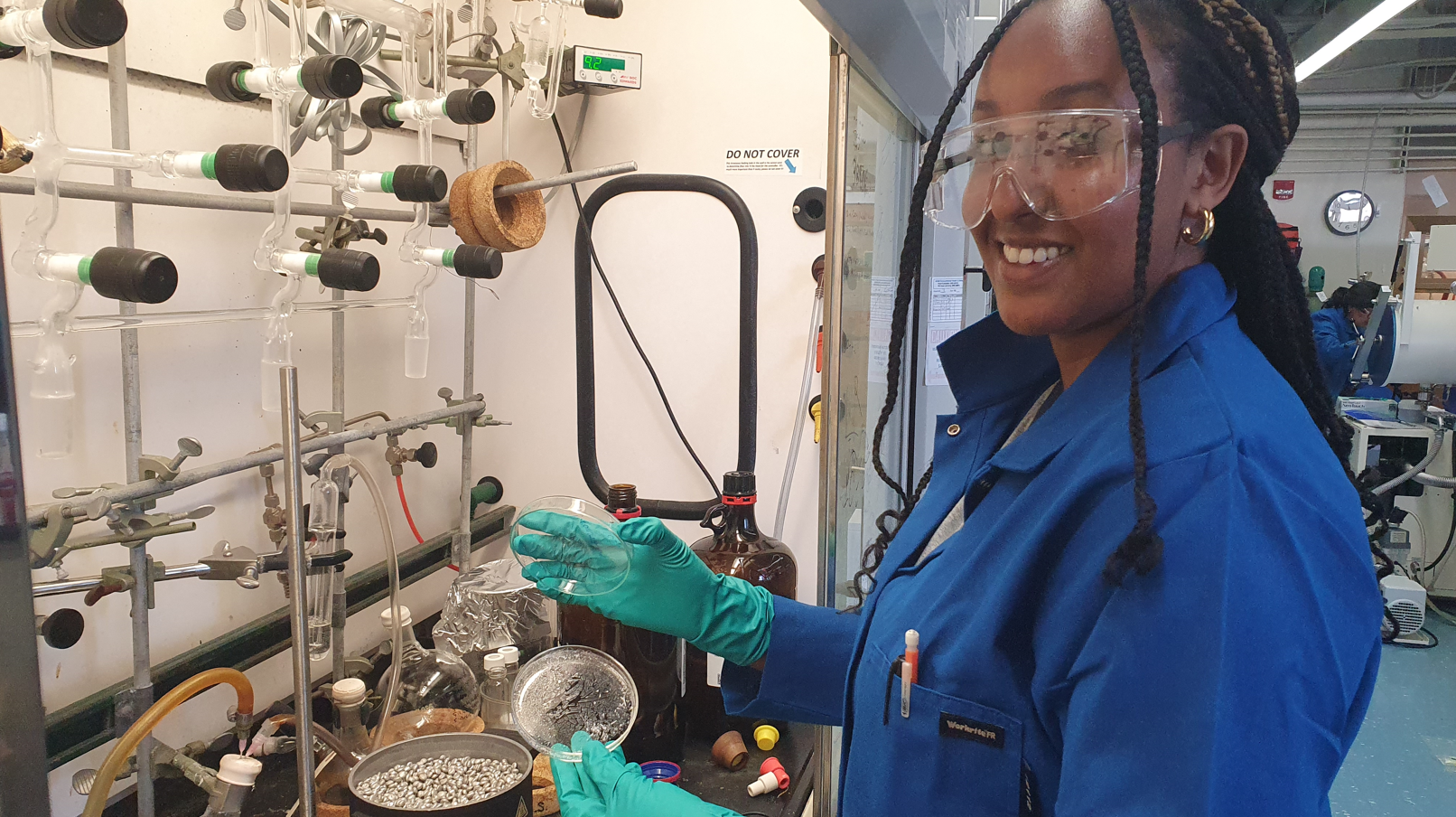
Plastic waste amounts to 350 million metric tons per year globally, with only nine percent being recycled while the rest is landfilled, incinerated, or leaks into the environment. While mechanical recycling reduces the harmful effects of pollution on the environment, it often yields materials of poorer quality compared to virgin plastics. Through chemical recycling/upcycling, new chemical products such as surfactants, olefin monomers, or fuel can be created by catalytically converting discarded plastics. Yet, issues arise as commercial polymers have high molecular weights, causing them to be less soluble within most solvents and often processed in a solvent-free, melt-phase. These melts have a viscoelastic nature that works against typical micro-porous heterogeneous catalyst designs as polymer chains often encounter entropic barriers when entering catalyst pores. Therefore, by generating new and effective approaches to chemical recycling, new acid catalysts were developed whose pore architectures are designed for usage in polymer reprocessing schemes. In this study, macroporous silica-alumina catalysts are synthesized via a sol-gel process using various sacrificial polymer networks to control pore size and structure. These catalysts are then tested in their effectiveness at depolymerizing a polyolefin, poly(ethylene-altpropylene), in comparison to commercial, microporous silica-aluminas. Through this study, acid catalysts will be developed with pore architectures designed for use in polyolefin depolymerization to target the breaking of long polymer chains into shorter fragments. By exploring various heterogeneous catalyst designs, we are able to determine new strategies for processing post-consumer plastic waste into new chemicals and materials.